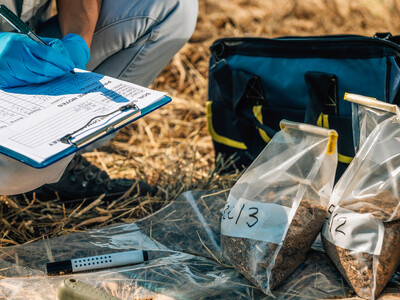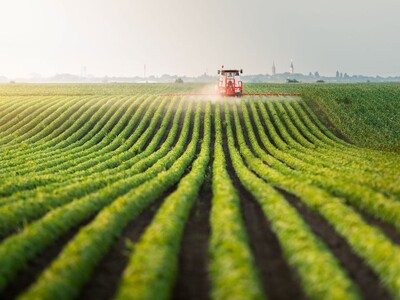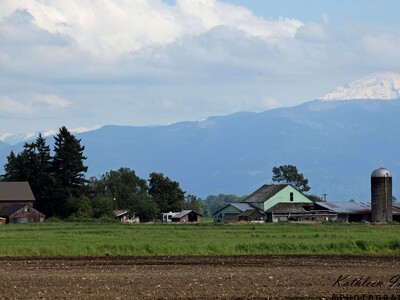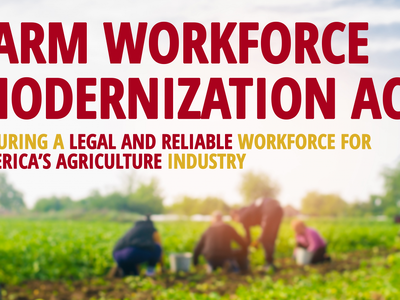Regenerative ranching
Regenerative ranching, a holistic approach to managing grazing lands, enhances ranchers’ adaptive capacity and socioeconomic well-being while also providing an opportunity to mitigate climate change, a new study from Oregon State University has found.Regenerative ranching practices rebuild ecological processes, allowing ranchers to reduce reliance on products such as chemical herbicides, pesticides and fertilizers, which are significant sources of greenhouse gas emissions.
While some science suggests that regenerative ranching can result in climate change mitigation through carbon drawdown into soils, that is not usually the driving factor behind ranchers’ decision to adopt the practice, said the study’s lead author, Hannah Gosnell, an OSU geographer who studies the human dimensions of climate change.
Understanding what motivates ranchers to adopt carbon-friendly practices will play an important role in efforts to expand the use of managed grazing systems to reduce climate change impacts, said Gosnell, a professor in Oregon State’s College of Earth, Ocean, and Atmospheric Sciences.
“What we found is that ranchers manage regeneratively for all these other benefits, and if there’s some measureable soil carbon sequestration and it contributes to climate change mitigation, then that’s icing on the cake,” she said.

















